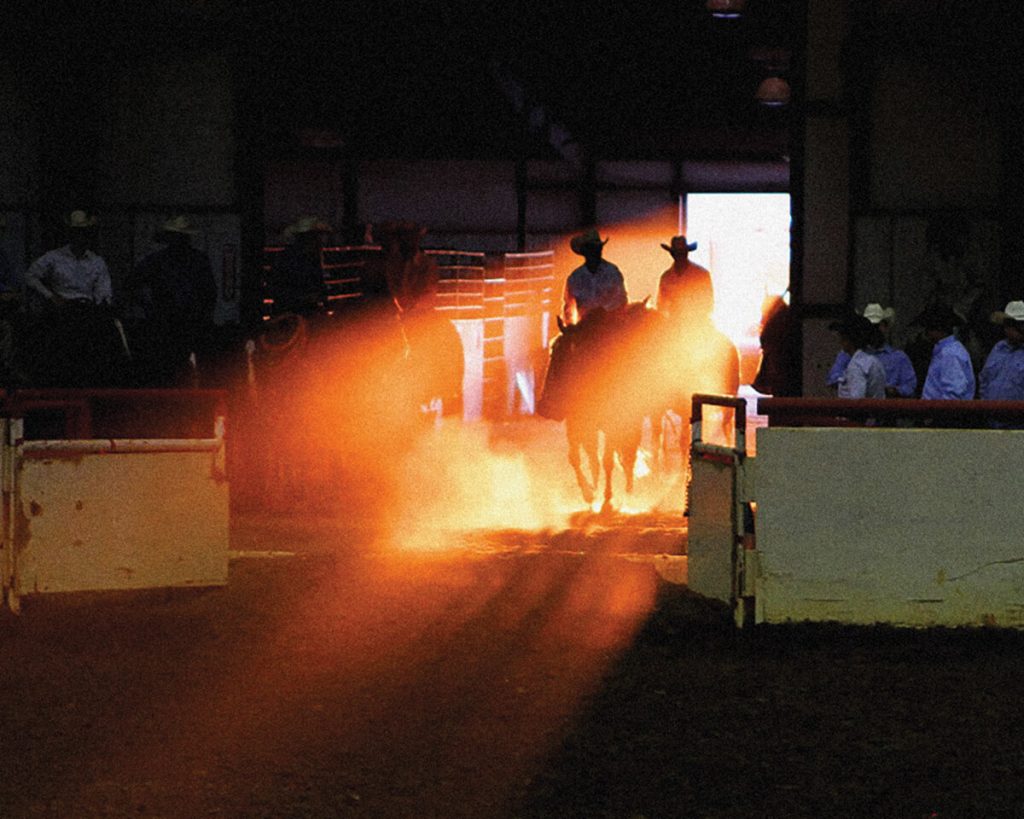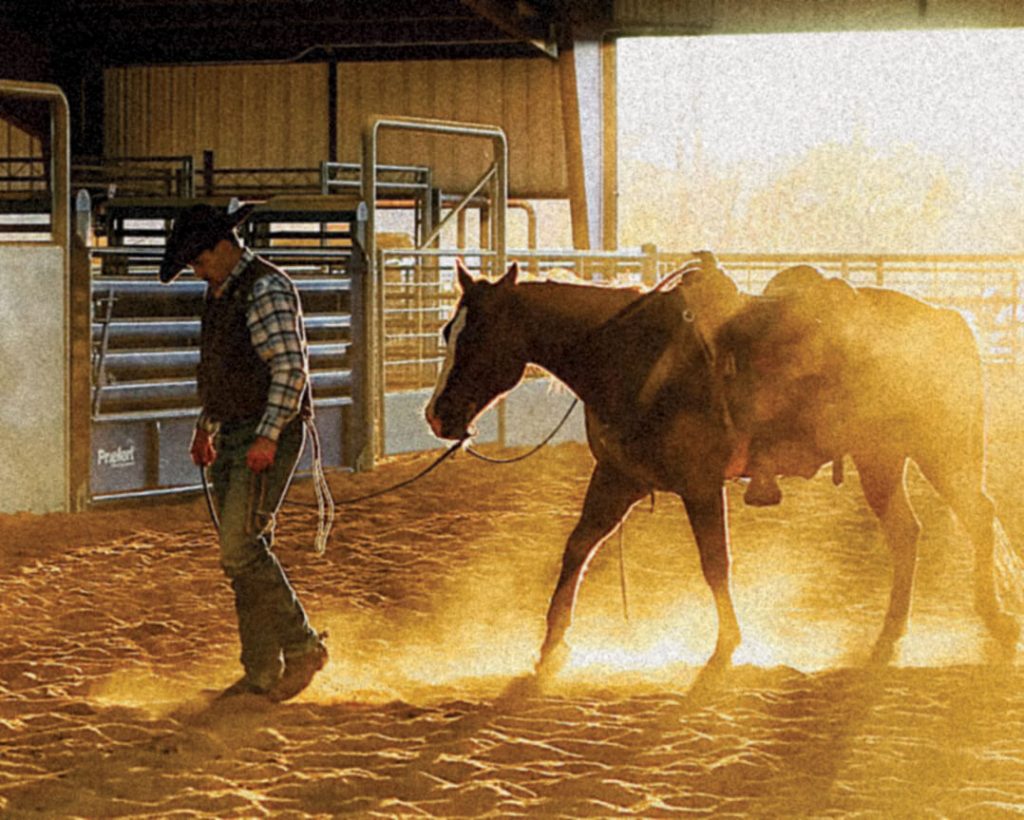Arena ministry key to cowboy church success
Many factors go into making cowboy churches successful and fruitful for the Kingdom; pastoral leadership, good elders, functioning structural model, strong commitment to the mission, good music ministry, good facilities, etc. But one vital key that must be in place along with these other factors is a strong, diverse arena ministry. A vibrant arena ministry targets many different aspects of the culture. If you have been to our schools you have heard it said that there is a strong correlation between the number of hoof prints in the arena and the number of salvations among those in the culture God has called us to reach.
When we are conducting growth review meetings for our young churches, and we see stagnant growth, the first question we ask is, “When was your last arena event?”
The more hard-core, “un-churched” Western culture folks begin to drift. No matter how good the preaching or the music is, it is not enough to keep them hooked up.
Many times we find that churches struggling with growth or low kingdom impact have no arena, or there is grass growing in it from lack of activity. There are a lot of reasons for this. Sometimes a new church start is so focused on doing “church” that the arena ministry is put on the back burner, or the fact that is takes several committed people to carry out an effective arena ministry can cause churches to focus on ministries that are not so difficult. Another problem is churches not making arena ministry a budget priority and all their resources being directed toward other facilities or ministries.
A common mistake new churches make is thinking that, since things are going so good and attendance numbers are growing with no arena ministry in place, there is no real urgency to get one going. While it is true that the newness of a cowboy church coming into an area can sustain it for a while, if an arena ministry is not established relatively soon, we see some negative consequences down the road.
The more hard-core, “un-churched” Western culture folks begin to drift. No matter how good the preaching or the music is, it is not enough to keep them hooked up.

Another unintended consequence is that “churched” folks with little understanding of the mission of cowboy church, and those with little or no connection to the culture, will become a larger and larger percentage of the congregation. It is great to reach large numbers of people no matter what their connection is, but you run the risk of your church losing its focus and commitment to reaching the hardest to reach in the cowboy culture. This is a recipe for disunity down the road when the realization sets in that the church is not accomplishing its mission.
If there has been no priority on the arena ministry from the beginning, then the congregation can ask the question later, “Why now?” It can be a hard sell to make the arena ministry a priority in the budget and in the focus of the church if the congregation has no cowboys in it and the church is meeting the needs of those who are in the majority.
The arena is the “mission field” and the “family life center” of the cowboy church. It is an outreach tool to bring the lost onto the church grounds. It is an evangelistic tool in that every event that is hosted is an opportunity to lead the lost to Christ. And it is an in-reach tool used to provide a place of fellowship for church members, to do what they love to do in a Christ-like atmosphere.
The arena is an attraction to bring the culture in, and a glue to hold them once they get there. Holding on to the “hard core” element in your cowboy church is critical to accomplishing its total mission.
It is true that, even with a strong arena ministry, the percentage of hard-core cowboys in relation to the rest of the congregation can be low, but this is just a reflection of the population as a whole. Cowboy churches are responsible for reaching the entire spectrum of the western culture, from the working cowboy to the cowboy-at-heart and cowboy mentality people, and this cannot be done without an effective arena ministry.
The Arena is the “mission field” and the “family life center” of the cowboy church.
Diversity in the arena ministry is important as well. There are many subcultures in the that can be reached by events targeted toward them. A working cowboy may not go to a play day and a team roper may not go to a barrel race, so it is important to try and reach as many subcultures as you can through arena events. Many of our cowboy churches are missing out on a huge opportunity to reach large numbers of people by not having rough stock events. There is a growing population of folks connected to the western culture through rodeo rough stock events, both as participants and spectators. Sometimes churches can get lazy and just focus on one or two types of events that are either easy to pull off or they are the type of event that whoever is leading the ministry is interested in. It is common for some churches to focus on team roping as the centerpiece of their arena ministry. While team roping is a very important ministry, it is one of the least effective events in translating into bringing new people, especially families, into the church.

Another thing we see often in churches that have very few people with experience in arena ministry is to focus on play day events that require little experience to host, and no cattle. While play day events are a very effective tool in bringing families into cowboy churches, they are very limited in their appeal across the broader western culture.
At the center of every healthy cowboy church, one that is having a great impact all the way across the broad spectrum of the western culture, is a strong, vibrant, diverse arena ministry that is well-supported and well-funded by the congregation. This ministry, like all other ministries in the cowboy church, must be grown into. Once you have mastered one area of arena ministry, challenge your team to branch out and do more and more, even if you have to go outside the congregation to bring experienced people in to help you. If you make this ministry the primary focus of your church programming, it will bring unity and a common sense of purpose that will have a great impact on the culture God has called you to reach.
